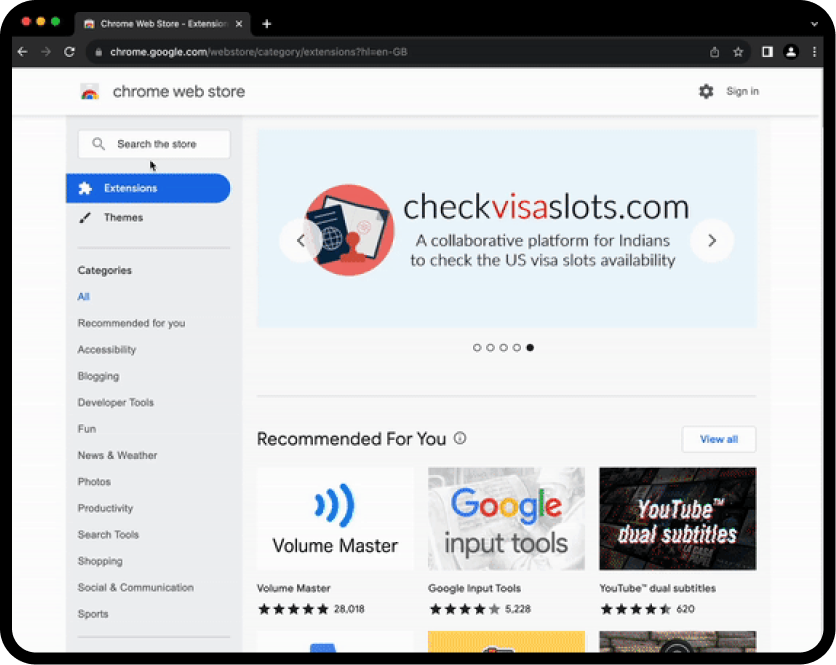CDA to MP3 Converter
Converts CDA (CDDA) audio tracks to MP3 with adjustable bitrate for music lovers, archivists, and content creators seeking portable playback.

Check It Yourself
About This Tool
This tool converts CDA (CDDA) audio tracks from physical CDs, disc images, or extracted PCM streams into MP3 files. It supports batch processing, preserving track order, naming, and destination structure. Conceptually, it decodes CDDA frames to PCM, then encodes to MP3 using a selectable bitrate, sample rate, and channel configuration. Output can be tailored for consumer playback or archive quality. Benefits include digitizing physical libraries, creating portable playlists, and enabling metadata reuse in streaming pipelines. Unique value lies in robust batch handling, metadata mapping, and error-tolerant processing that continues when a track is unreadable, logging issues for later review. Core features include configurable bitrate (e.g., 128–320 kbps), optional VBR/CBR, sample rate choices (44.1/48 kHz), stereo or mono output, and ID3 tag preservation from CD metadata. The tool operates without assuming UI dependencies, focusing on the data flow: sources, encoding parameters, and outputs. Typical use cases include digitizing a CD collection, converting a CD image for streaming libraries, or producing portable MP3s for production work. The approach emphasizes standards-compliant MP3 encoding and metadata integrity, enabling seamless import into media players and libraries. If a track lacks metadata, the tool can generate logical filenames based on track numbers, ensuring consistent organization across large batches.
How to Use
1. Provide inputs: select CDA source (CD drive, ISO image, or extracted PCM) and specify an output folder.
2. Configure encoding: choose bitrate (128–320 kbps), sample rate (44.1/48 kHz), and channels (stereo/mono).
3. Enable metadata transfer: map or preserve CD tags to MP3 ID3 fields.
4. Run conversion: start the batch or single-track conversion.
5. Review outputs: verify file integrity and metadata in the destination folder.

FAQs/Additional Resources
Find Quick Answers
What inputs are supported?
Can metadata be preserved?
How does quality vary?
User Reviews
See What Others Are Saying
Explore Related Tools
More Solutions for Your Needs
Gson JSON Converter
Converts JSON to Java POJOs and vice versa using Gson, automating code generation, type mapping, and annotation usage for Java and Android projects.
GSM to MP3 Converter
A fast, web-based GSM to MP3 converter designed for audio professionals and casual users who need quick format migration.
Your Feedback Matters
Help Us to Improve

 Norwegian
Norwegian
 Danish
Danish
 German
German
 English
English
 Spanish
Spanish
 French
French
 Italian
Italian
 Dutch
Dutch
 Portuguese
Portuguese
 Swedish
Swedish
 Hebrew
Hebrew
 Arabic
Arabic









